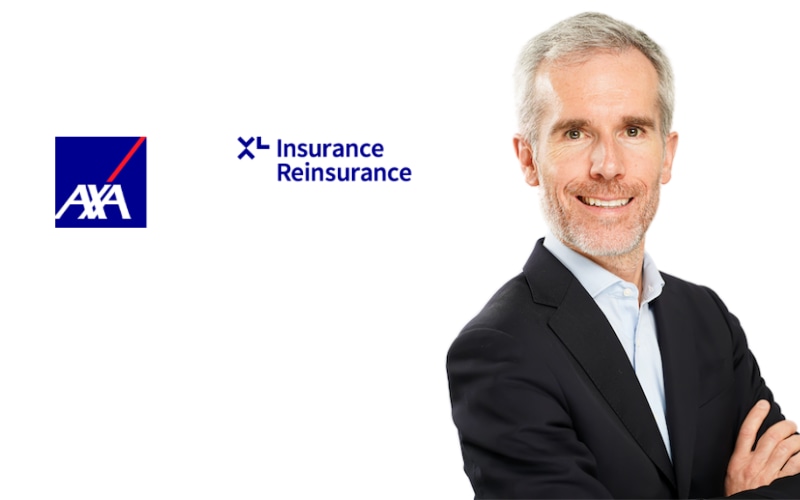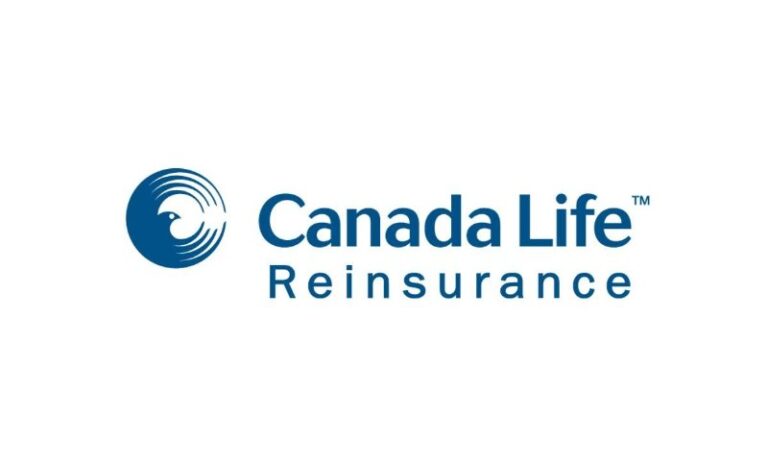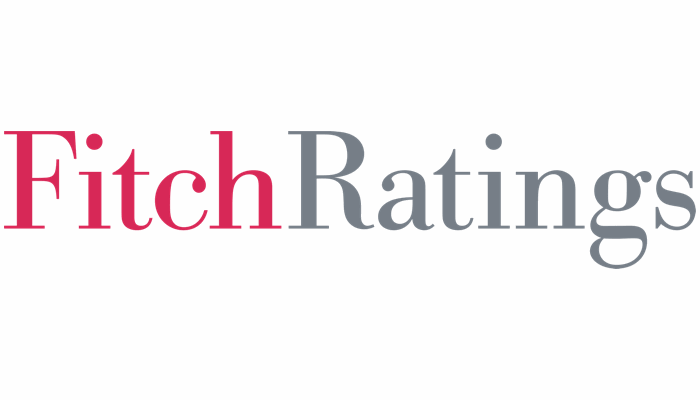
Amid a spike in uncertainty globally, Renaud Guidée, Chief Executive Officer of AXA XL Re, believes that reinsurance has never been more relevant as a means to “bridge the gap between uncertainty and certainty.”

He began by highlighting that in a very uncertain world, “reinsurance has never been more relevant,” and urged for a focus on resilience.
“We want to grow with our strategic clients and work with them throughout the cycle. Transparency/data quality is key to allow us to offer the best service we can,” said Guidée.
Looking ahead to the January 1st, 2026, reinsurance renewals, Guidée noted that elevated loss activity is giving rise to demand for more protection.
In the property segment, he highlighted the wildfire, flood, and convective storm perils, all of which have seen spikes in activity. And in casualty, litigation funding will also feature in 1.1 renewal discussions. In terms of how pricing might evolve at the upcoming renewals, the CEO said that there will be a focus on adequately priced risk, explaining that AXA XL Re is positioned to be of most use when needed in catastrophic circumstances, as the firm works to understand what’s changed for clients in their portfolios, their underwriting policy, and terms and conditions (T&Cs).
T&Cs and notably higher attachment points have been key for reinsurers during the hard market, with some market observers describing sustained discipline as more important than rate.
We asked Guidée if he felt reinsurer discipline is holding and whether he thinks attachment points will hold next year.
“The market looks healthy and balanced but loss activity should keep the market disciplined. There is a focus from clients on reinsurers who have a willingness and the ability to pay,” said Guidée.
One of the notable differences in this market cycle compared to previous periods of hardening, is the notable lack of new entrants and significant raises from existing players, which also helped to sustain strong pricing as demand increased.
Discussing this and whether he envisages a change in the future, Guidée said that it “requires not only willingness but also experience and expertise, financial and reputational capital, and robustness and discipline to be able to be active on the market and bring value to clients.”
Commenting on the supply/demand balance more broadly, the CEO noted that both are growing at the same pace, which ultimately brings a sense of balance to the market.
“The market is planning again for inflationary exposure growth, and senior decision-makers at the C-suite and Board levels want to cover against tail risks. That may result again in increased demand for Catastrophe limits particularly in the US,” added Guidée.
As well as the wider reinsurance industry, we spoke with Guidée about AXA XL Re’s investment in digital transformation and the impact this is having on reinsurance underwriting and risk modelling.
“We are client centric,” he said. “Whilst digitisation can improve speed and efficiency in some areas of the supply chain there is always the need for human interaction.”
In terms of Artificial Intelligence (AI) specifically, which he said can be useful when applied responsibly, Guidée stressed the need for balance to ensure that “technological progress comes as a support and not a substitution; to our knowledge, to our insight and to the judgement provided by our underwriting experts.”
“AI can assist in sorting large volumes of unstructured data and has potential to enhance our modelling capabilities,” he added.
Another area we discussed with Guidée is insurance-linked securities (ILS), in light of the fact the reinsurer has grown its ILS business in recent years.
“Property catastrophe has been our main focus in the past, similar to the broader ILS market. However, we have also expanded ILS capabilities to other lines as part of whole account, including longer-tailed lines. We consider these to be very innovative transactions,” he said.
To end, we asked Guidée how shifting global risk patterns are shaping AXA XL Re’s view of reinsurance strategy over the next 5–10 years?
“We focus on aggregate risk diversification,” said Guidée. “On climate, we are committed to, and investing in, driving thought leadership. We believe partnerships and communication between reinsurers, insurers, regulators and academia to work together to understand risk and promote research into mitigating future risk. We have established a landmark partnership with the Cambridge Centre for Risk Studies.”
On geopolitical risks, the CEO reiterated that the “global environment is still very uncertain.”






